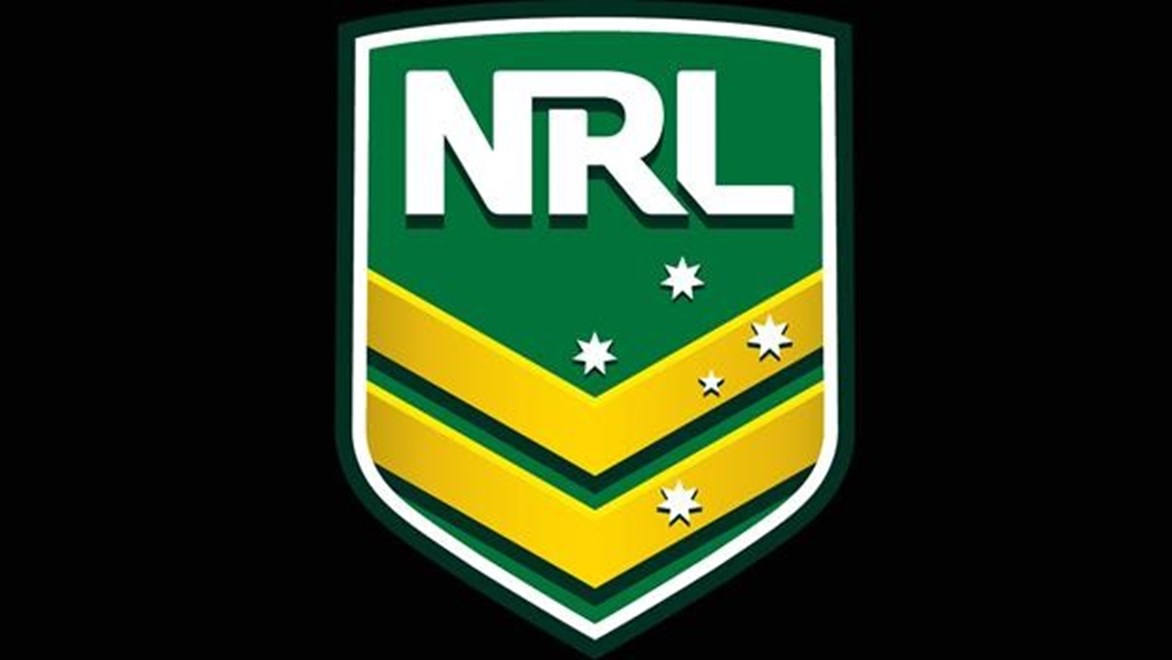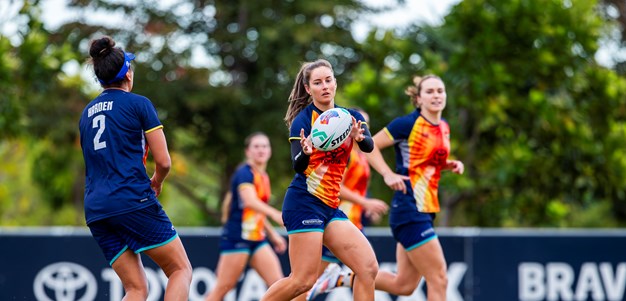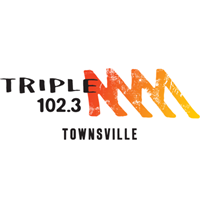

The NRL on Tuesday outlined a proposed blueprint to take the game forward over the next decade.
The plan, drawn up by the Head of Game Strategy and Development, Shane Richardson, is designed to improve player welfare and pathways, upgrade and strengthen the second tier and assist in protecting elite players from burnout.
The strategy will reduce costs for clubs, further grow the game outside the current reach and provide a new level of awareness regarding player welfare as they progress through the elite pathways.
Mr Richardson said rugby league has an opportunity to extend its reach beyond its current footholds to country Australia, affiliated states, New Zealand, Pacifica and ultimately internationally.
He said the strategy takes a "whole of game" approach to the challenges of the future.
The key recommendations include:
- Increasing the size of NRL squads to 36 players – including six rookies
- Restricting players from making their NRL debuts until the year they turn 19. No player to be signed with an agent until he is 17 – and contracts for these players should be for a maximum three-year term.
- Restructuring the National Youth Competition into a state-based under-20 competition
- Introducing rookie contracts for the start of the 2018 season with each club allowed to sign three rookies each year on two-year contracts
- Revamping and upgrading the State League into a Platinum League to spread the footprint of the competition into all the areas that play rugby league
- Easing player welfare by considering additional leave, creating a formal International window over an eight-year period and reducing the number of five-day turnarounds
Mr Richardson said the phasing out of the NYC and payments for under-18 players – along with a new business model for the second tier – would result in a $20 million saving for the NRL clubs.
There would be a significant increase in expenditure in the pathways and in particular the second tier by the NRL.
"We are looking to improve and extend the pathways not detract from them," Mr Richardson said.
Mr Richardson said a committee representing the state bodies would help determine the teams that take part in the Platinum League.
He said the models being shown during consultation for 11 teams in NSW competition were only examples to demonstrate how far the game could reach if the new league was established, but no determination had been made on the final makeup of the league.
"We want to give everyone the opportunity to play in the NRL – whether they come from the country, New Zealand, the affiliated states, Pacifica or anywhere else in the world of rugby league," Mr Richardson said.
"This strategy is not intended to squeeze anyone out of the game – it is designed to include more participants than ever before."
Mr Richardson rubbished suggestions that there had not been sufficient consultation on the blueprint.
He said meetings had been held with all stakeholders and that consultation was ongoing.
"Further consultation with the RLPA and other interested parties will be held before any final decisions are made," he said.
"This is an exciting time for the game…we have an opportunity with the new broadcast rights deal to stretch our vision and allow the game to break out from some of the restraints of the past.
"Most importantly, we have started a discussion about the way forward and that has to be a positive start for the game."











